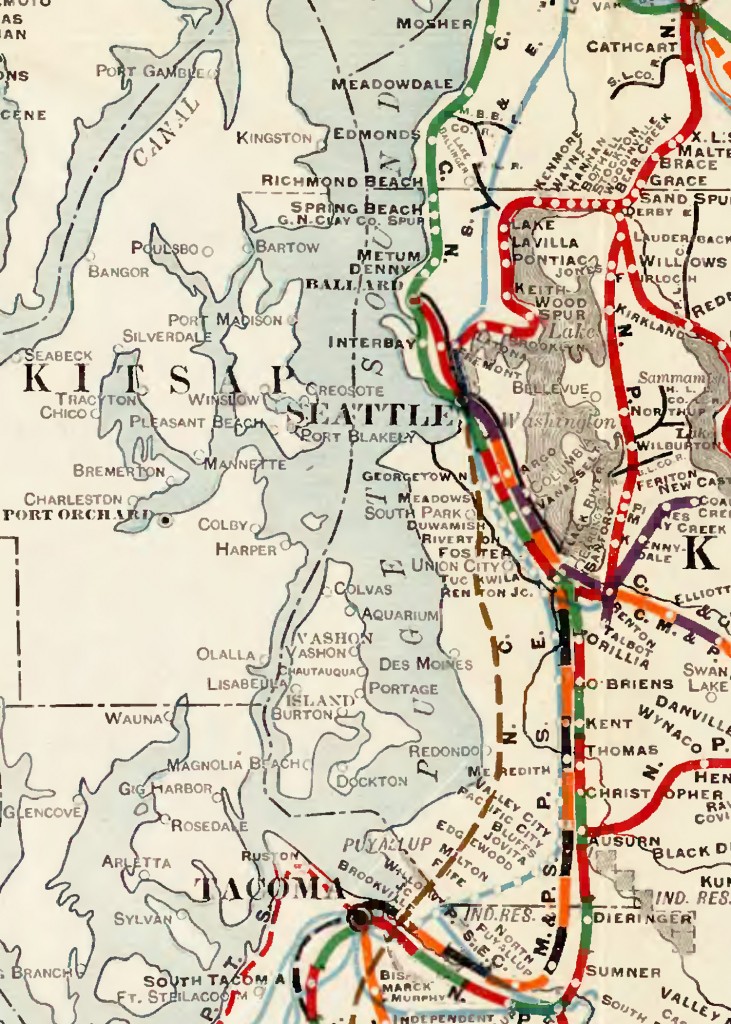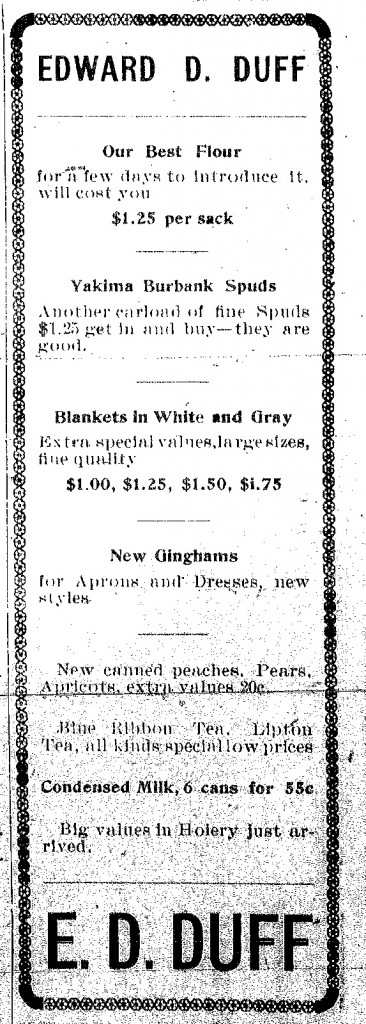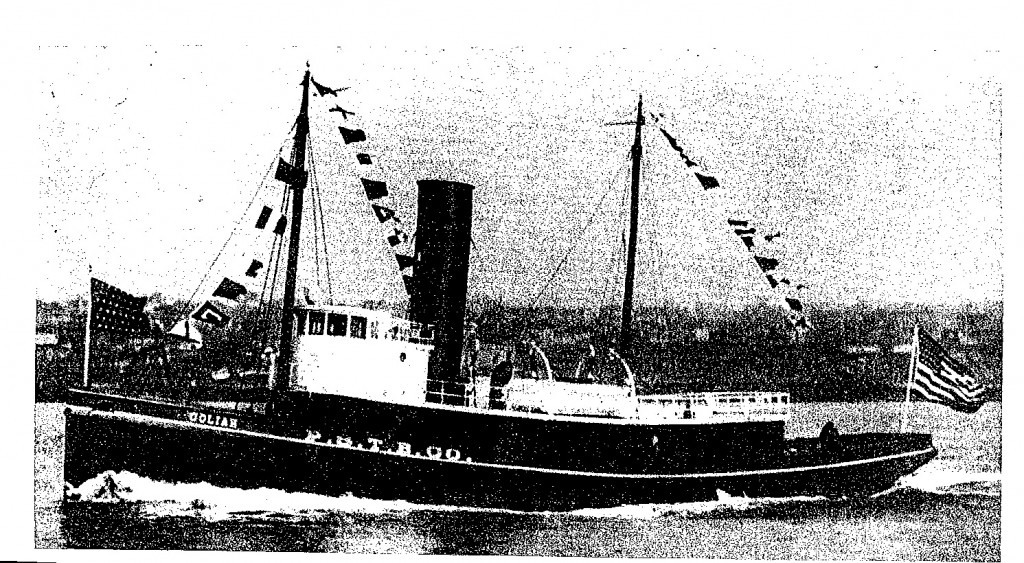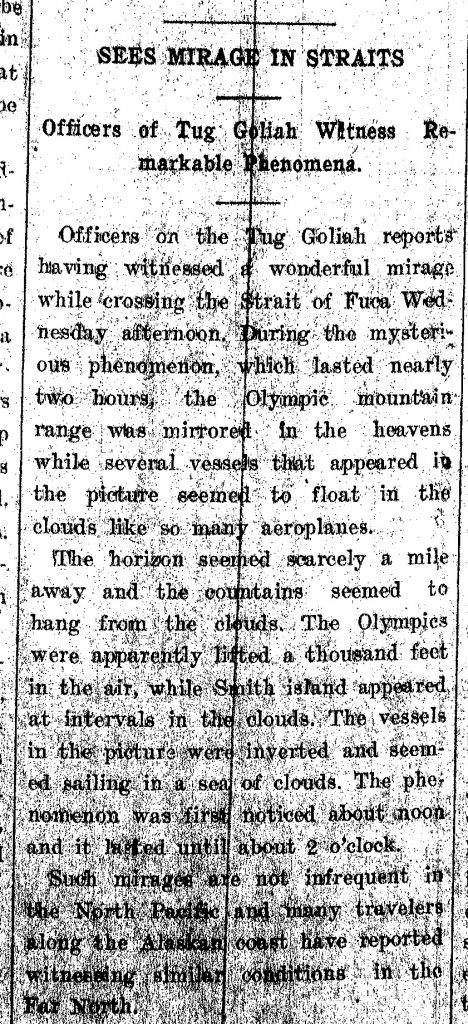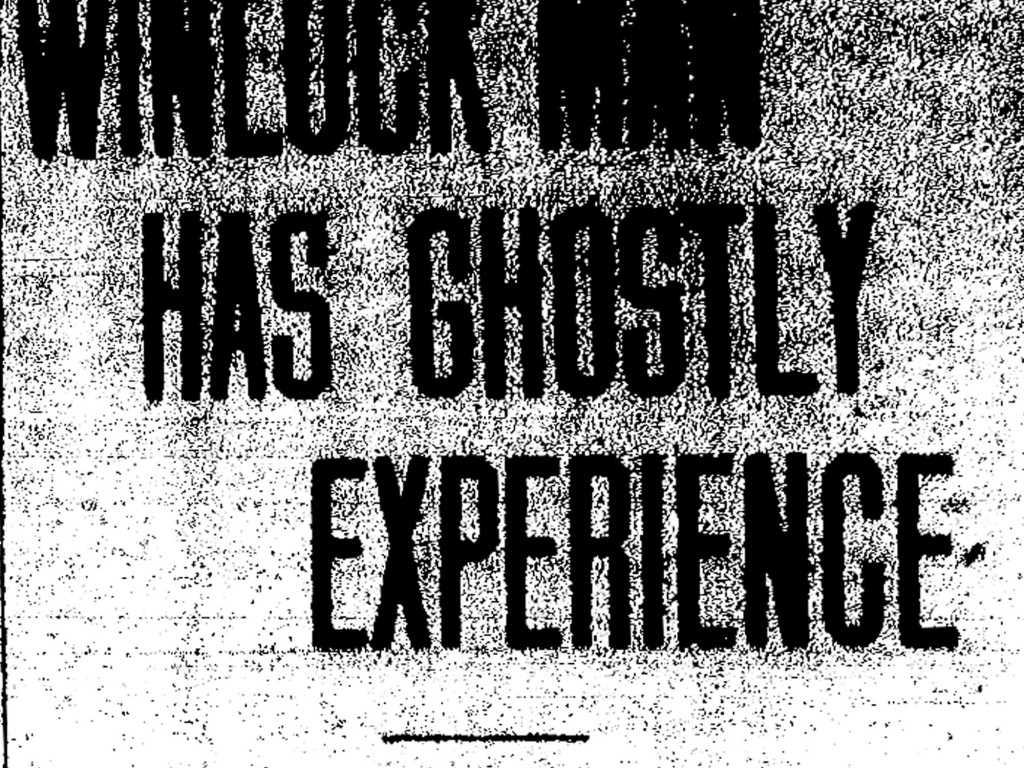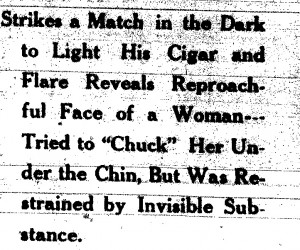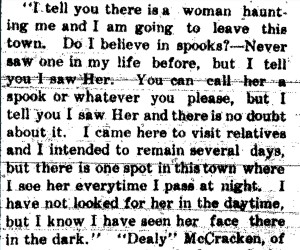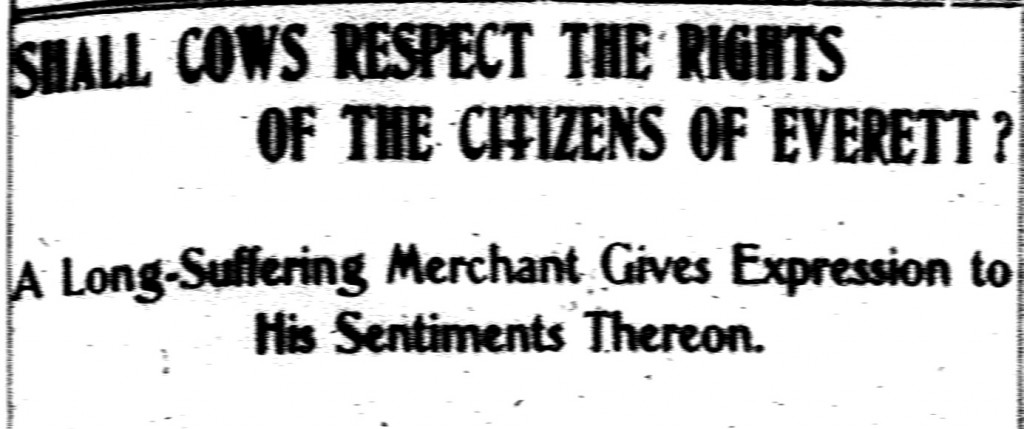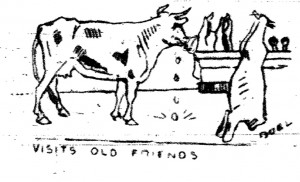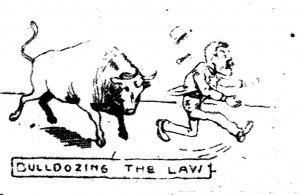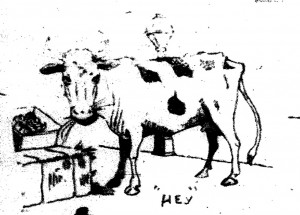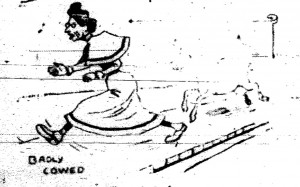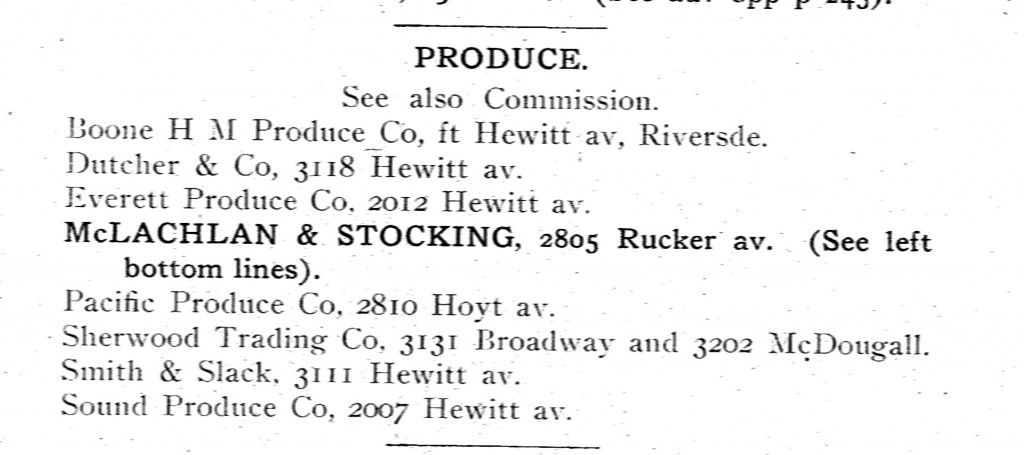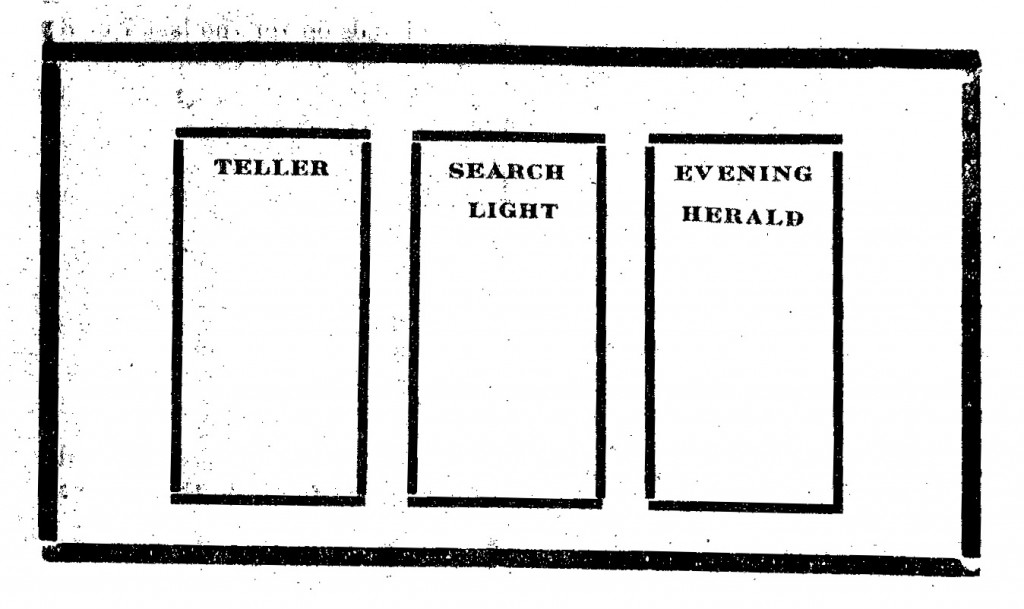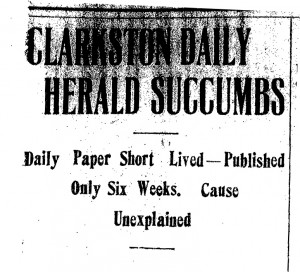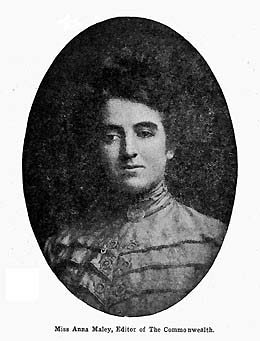 Random News from the Newspapers on Microfilm Collection: Anna Agnes Maley, First Woman to Run for Washington Governor, 1912
Random News from the Newspapers on Microfilm Collection: Anna Agnes Maley, First Woman to Run for Washington Governor, 1912
From the desk of Steve Willis, Central Library Services Program Manager of the Washington State Library:
The microfilm reel found at random this week contained The Clayton News-Letter, a publication that served the Stevens County community of Clayton for a little over a year, 1912-1913. The town was so named in recognition of the rich clay deposits in the area, a source for their main industries of brick and sewer pipes. Clayton had a large Italian American population of craftsmen, producing the well known Northwest artist Leno Prestini (1906-1963).
By no means a propaganda sheet, The Clayton News-Letter included a regular column devoted to socialism tucked between the advertisements, local gossip, and hard news. This was prior to World War I and the subsequent Red Scare. In the issue for August 15, 1912, the column featured coverage of a lecture by one of Washington State’s most overlooked political figures, Anna Agnes Maley. It is interesting her run for Washington State Governor is not mentioned:

SOCIALISTS’ COLUMN
Socialist Lecture a Success
“Miss Anna A. Maley spoke to a good-sized audience of appreciative and attentive listeners at the school house on the evening of Aug. 7.”
“Miss Maley has a very pleasing personality, earnest manner and clear delivery, and sets forth her subject in such a plain, convincing manner that none could avoid understanding her.”
“Not one of her hearers left the house without understanding what Socialism meant, if he did not know before. The general verdict was that her lecture was a good one; that she showed remarkable keenness and perception and a deep knowledge of the subject under discussion, and had a clever way of clinching an argument and proving every assertion made.”
“Among other things Miss Maley spoke of the much-abused word ‘prosperity.’ She said that the capitalists gauge prosperity by the amount of profits they rake in and the number of markets they can control; that the Socialists judge of prosperity by the amount of the products of their labor which the workers can succeed in realizing, claiming that ALL the products of their toil rightfully belong to them.”
“She spoke about the present socialization of the schools, post offices, fire departments, public roads, etc., and said that we have yet a step further to go and socialize the industries; for she argued that if the schools, which grind out food for the brain, are publicly owned, why should not flour mills and other factories, which grind out food for the body, also be so owned?”
“She argued that every one is a Socialist by nature, but only a few had found it out.”
“She said the average farmer thinks he is independent on his own farm, whereas, in reality, he is as bad off as the wage slave in a factory, and is taxed on every hand– indirectly, perhaps, without his realizing it– through the capitalist profit system; for the capitalists use him for a tool and get him both coming and going, both in buying and selling.”
Notice to Socialists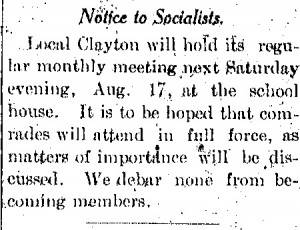
“Local Clayton will hold its regular monthly meeting next Saturday evening, Aug. 17, at the school house. It is to be hoped that comrades will attend in full force, as matters of importance will be discussed. We debar none from becoming members.”
Anna Agnes Maley is a best-selling biography waiting to happen. A native of Minnesota, she was active in the suffrage movement and saw the Socialist Party as the vehicle for making gender equal rights a reality. Her work took her around the United States as she lectured and wrote for socialist newspapers. In 1911 she landed in Everett, where Anna became the editor of The Commonwealth.
The September 27, 1912 issue of The Commonwealth included an 11-point program as part of the Socialist Party of Washington’s platform:
1. Collective ownership and management of all public utilities, and all industries that have become monopolized.
2. Abolition of private ownership of land, and natural resources when used for exploitation and speculation.
3. Public employment of the unemployed at not less than prevailing union scale of wages and not more than eight hours per day.
4. We demand the enactment of a maximum eight-hour law to apply to both men and women, employed in all capitalized industries.
5. We advocate initiative, referendum and recall to apply to all public officials, the petition not to exceed 10 per cent of the voters at the previous election.
6. Abolition of child labor under the age of 16 years.
7. The elimination of the injunction in labor disputes.
8. Abolition of all residential qualification or other restrictions for voters. The abolition of all filing fees at primaries and other elections and repeal of all non-partisan laws. Abolition of property qualifications for jurors. We favor the election of a public defender as well as prosecutor together with the adoption of other means to insure the free administration of justice.
9. We favor a constitutional amendment abolishing the senate and we also demand that all cities be prohibited from enacting ordinances infringing on the right of free speech and free press.
10. We favor the establishment of a state board of health with full power for the inspection and condemnation of all unsanitary factories, tenements, etc. and the liberal appropriation for the use of the latest scientific methods of eliminating disease.
11. We demand the free use of all public buildings and property for public meetings, including court houses, school houses, parks, etc., without discrimination, and we demand a liberal appropriation for promotion of social centers.
1912 was the first year a woman could legally run for Governor in Washington State, but putting that aside, Anna’s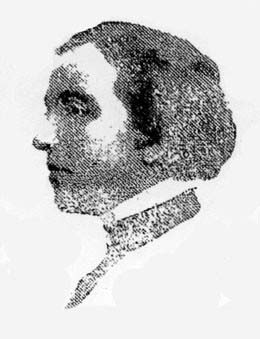 campaign appeared to be unusual. It seems she saw the role of candidate as an opportunity to extend her lecture circuit, a format where she felt quite comfortable.
campaign appeared to be unusual. It seems she saw the role of candidate as an opportunity to extend her lecture circuit, a format where she felt quite comfortable.
On Election Day Anna placed 4th (behind the two big parties and the Progressives) with a whopping 12% of the vote, the highest ever garnered by any Socialist running for Washington State Governor. In her home county, Snohomish, she placed second, and in ten counties she came in third. But Socialists and women made other gains in Washington. The Socialists elected officials to school boards and city councils, as well as two mayors (Edmonds and Pasco) and a state legislator. The first two women were elected to the Legislature (one Republican, one Progressive), the first female Superintendent of Public Instruction won office, and Washington was the first state to send a woman to the Electoral College.
Although Anna’s time in Washington State was short, it was eventful. Seen as too moderate, she was basically forced out during a 1913 party purge and moved to New York where she became a teacher and author. She married late in life, but her husband died after contracting malaria during a tour of the South. Anna herself fell into poor health and died in Minnesota, November 24, 1918 at age 46.






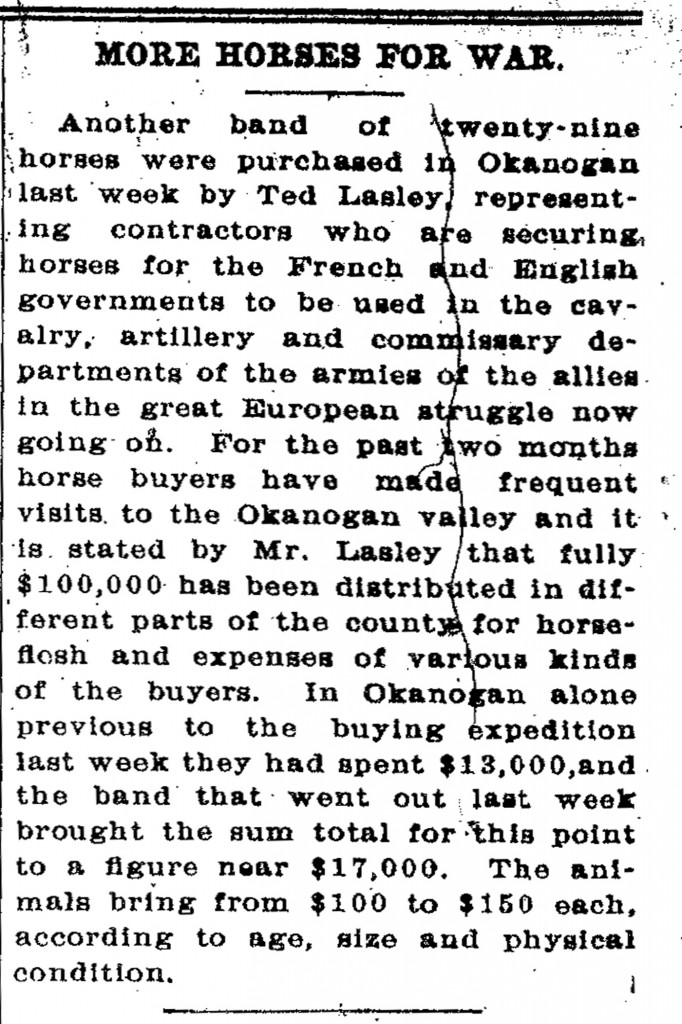
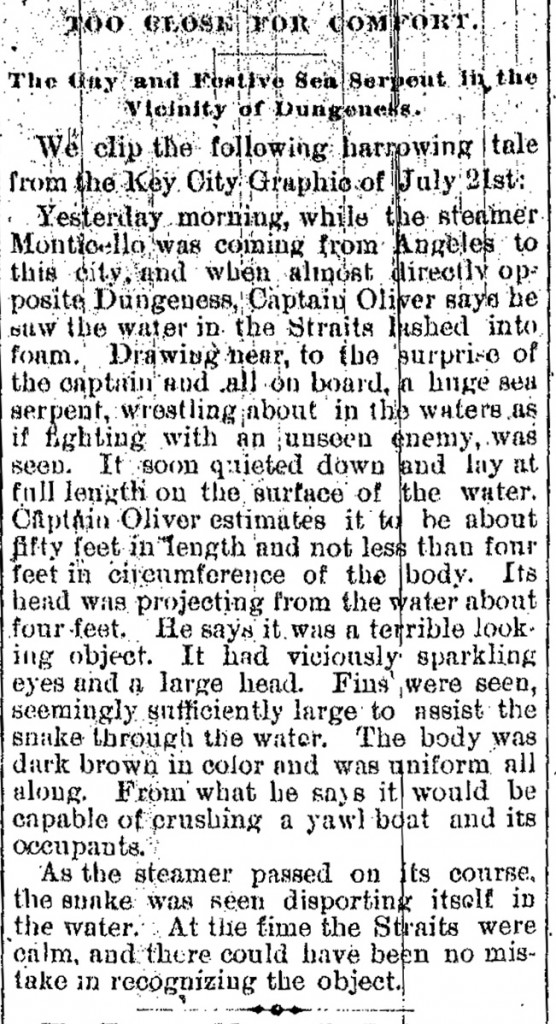

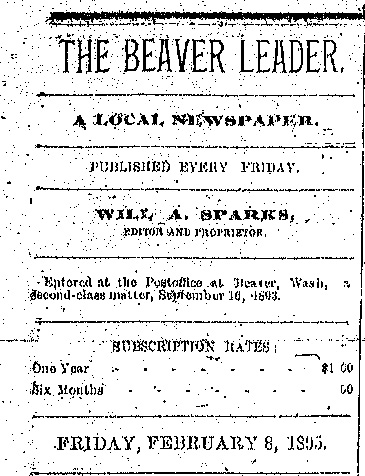
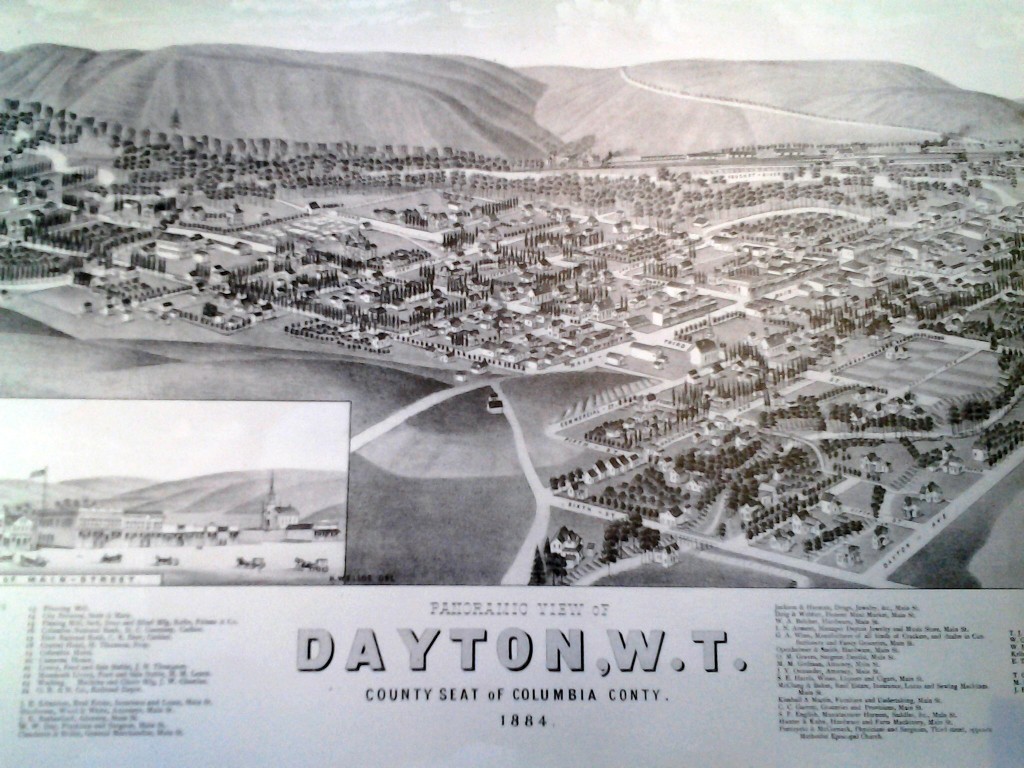
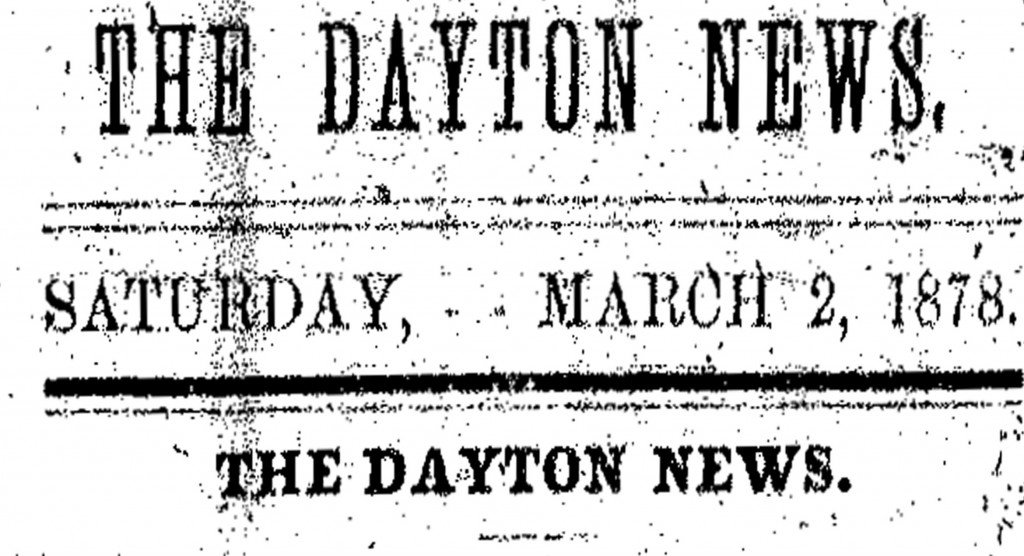
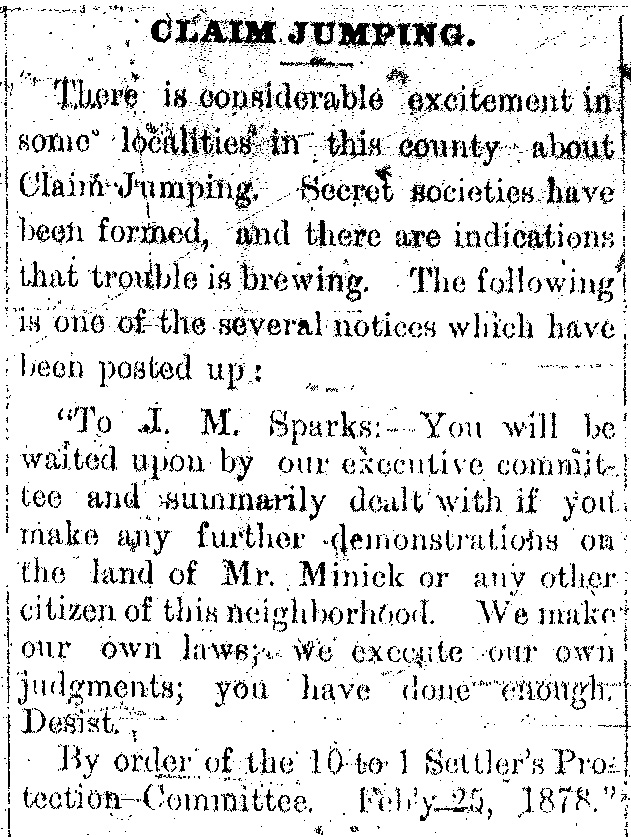 Sparks was not lynched. That activity would be saved for another person at a later date in Dayton, in August, 1883, when a mob worried that convicted murderer James McPherson would somehow escape the legal noose via bribery decided to take matters into their own hands. From
Sparks was not lynched. That activity would be saved for another person at a later date in Dayton, in August, 1883, when a mob worried that convicted murderer James McPherson would somehow escape the legal noose via bribery decided to take matters into their own hands. From 